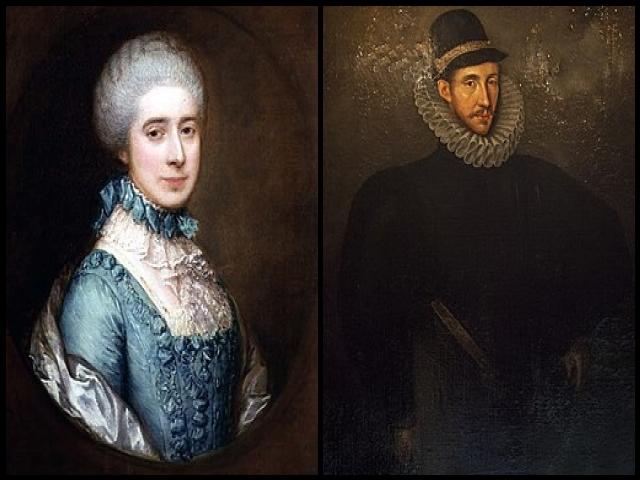List of Famous people named Fulk
Fulk, King of Jerusalem
Fulk, also known as Fulk the Younger, was the count of Anjou from 1109 to 1129 and the king of Jerusalem from 1131 to his death. During his reign, the Kingdom of Jerusalem reached its largest territorial extent.
Fulk FitzRoy
Fulk FitzRoy was an illegitimate son of Henry I of England. He was perhaps the son of Anfide, one of Henry's mistresses. He maybe was a monk at Abingdon Abbey. Little is known about him.
Fulk IV, Count of Anjou
Fulk IV, called le Réchin, was the Count of Anjou from 1068 until his death. The nickname by which he is usually referred has no certain translation. Philologists have made numerous very different suggestions, including "quarreler", "rude", "sullen", "surly" and "heroic". He was noted to be "a man with many reprehensible, even scandalous, habits" by Orderic Vitalis.
Fulk II, Count of Anjou
Fulk II of Anjou, called le Bon was Count of Anjou from 942 to his death.
Fulk III, Count of Anjou
Fulk III, the Black was an early Count of Anjou celebrated as one of the first great builders of medieval castles. It is estimated Fulk constructed approximately 100 castles, along with abbeys throughout the Loire Valley in what is now France. He fought successive wars with neighbors in Brittany, Blois, Poitou and Aquitaine and made four pilgrimages to Jerusalem during the course of his life. He had two wives and three children.
Fulk I, Count of Anjou
Fulk I of Anjou — Foulques le Roux — held the county of Anjou first as Viscount, then Count, until his death.
Fulk Bertrand of Provence
Fulk Bertrand I was the joint Count of Provence with his elder brother William IV from 1018 and with his younger brother Geoffrey I from at least 1032 if not earlier. After William's death, Fulk assumed the title of margrave, indicating headship of the dynasty. They were the sons of William II, count of Provence.
Fulk Lestrange, 3rd Lord Strange (of Blackmere)
Fulk (?)
Fulk of Reims
Fulk the Venerable was archbishop of Reims from 883 until his death. He was a key protagonist in the political conflicts of the West Frankish kingdom that followed the dissolution of the Carolingian Empire in the late ninth century.
